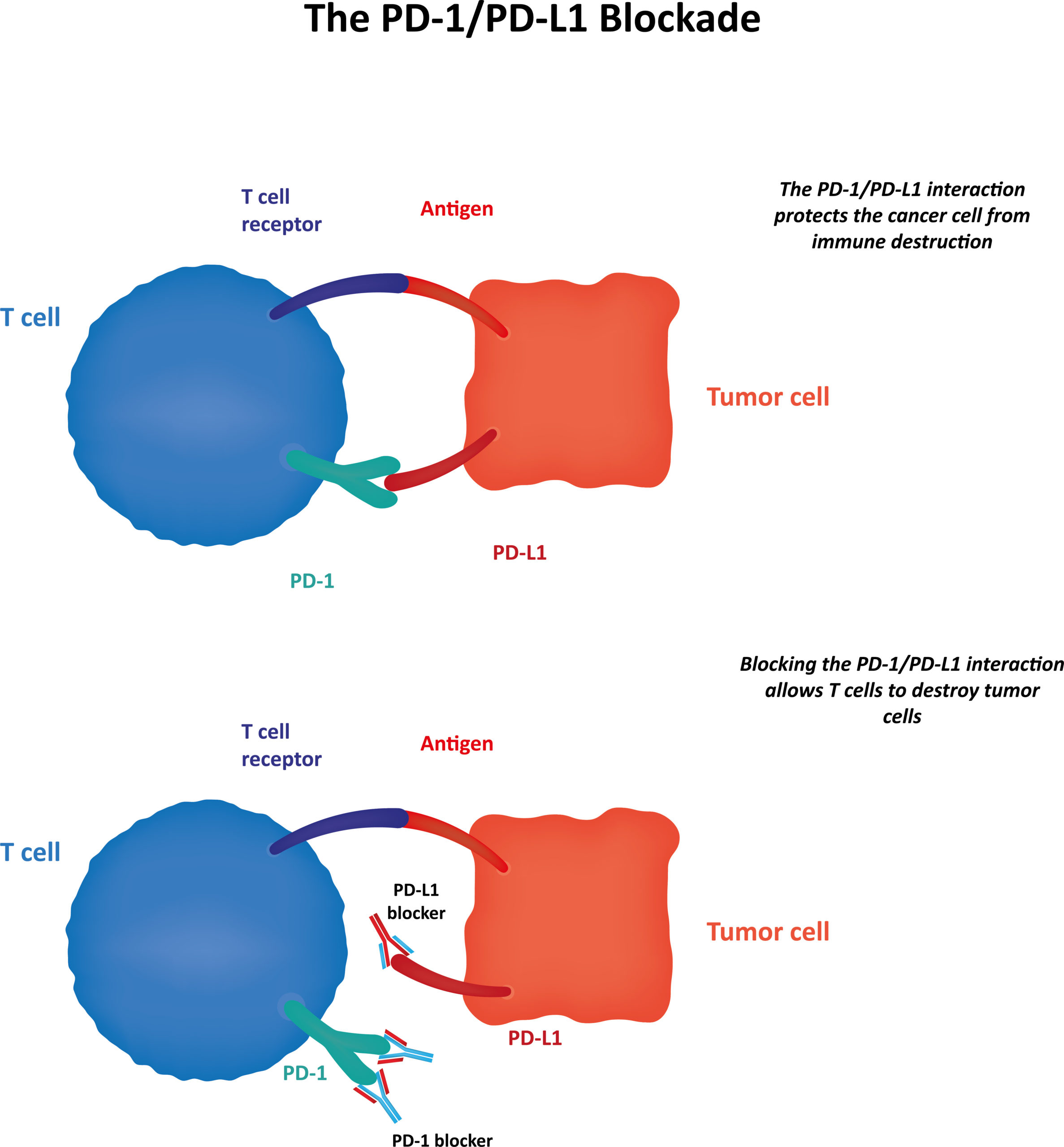
Researchers analyzed recent studies on programmed cell death 1 (PD-1) and programmed death ligand-1 (PD-L1) to characterized the safety and efficacy of these agents in patients with cancer. Their study, published in Frontiers in Immunology, concluded that PD-1 and PD-L1 inhibitors appeared safe and effective for cancer treatment, except for gastrointestinal tumors–though the authors acknowledged that “the quality of the evidence is not convincing.”
The investigators performed a comprehensive search of eight databases to obtain records of meta-analyses on PD-1 and PD-L1 inhibitors published up to January 2022. The enrolled systematic reviews were evaluated according to PRISMA, AMSTAR 2, and GRADE criteria.
PD-1 and PD-L1 Inhibitor Meta-Analyses Results
In total, 172 systematic reviews were enrolled into this meta-analysis. According to the authors, the overall report quality was quite good, with 128 (74.42%) rated high quality and 44 (25.58%) rated moderate quality. However, methodological quality was “quite alarming”, with only one (0.58%) study of high quality, five (2.91%) of low quality, and 166 (96.51%) of critically low quality. In the GRADE analysis, 38 (3.77%) of reported evidence was high quality evidence, 288 (28.57%) was moderate, 545 (54.07%) was low, and 137 (13.59%) was critically low quality.
The authors observed that PD-1 and PD-L1 inhibitor treatment was significantly effective in patients with non-small cell lung cancer, small cell lung cancer, hepatocellular carcinoma, malignant melanoma, renal cell carcinoma, urothelial carcinoma, breast cancer, and head or neck squamous cell carcinoma with PD-L1 positivity—though they noted that data on gastroesophageal and colorectal tumors was conflicting.
Additionally, the authors noted PD-1 and PD-L1 monotherapy was associated with lower rates of any-grade and high-grade adverse events (AEs), while the rate of any- and high-grade AEs with PD-1 and PD-L1 inhibitors combined with other agents was similar to controls. Comparatively, PD-1 and PD-L1 inhibitors were associated with a higher rate of any and high-grade immune-related AEs.
Overall, the authors wrote that PD-1 and PD-L1 inhibitors appeared to be significantly effective in several different types of cancer, and suggested that more attention be paid to immune-related AEs. However, they re-emphasized that the methodology and evidence in many studies was rated low or critically low quality.
In closing, they suggested that “future studies should improve methodological quality and focus on [trial sequential analysis] of subgroups, including safety.”
Related: EZH2, PI3K Inhibitors May Target ARID1A-deficient Bladder Cancers







 © 2025 Mashup Media, LLC, a Formedics Property. All Rights Reserved.
© 2025 Mashup Media, LLC, a Formedics Property. All Rights Reserved.